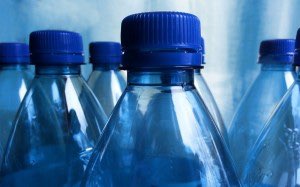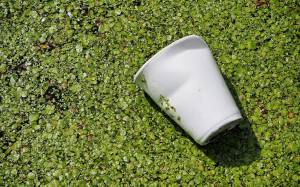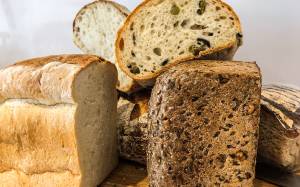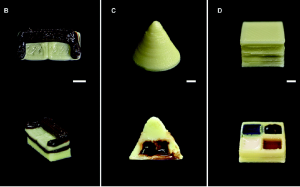The latest news, trends, analysis, interviews and podcasts from the global food and beverage industry
With the industry’s technology capabilities becoming more impressive every day, 2020 saw its fair share of innovative discoveries.
FoodBev takes a look back at the top research stories and industry-impacting discoveries made throughout the past year.
Scientists discover enzyme which breaks down PET plastic ‘in hours’

In April, scientists working for industrial chemistry firm Carbios discovered an enzyme which can reportedly break down PET plastics for recycling into food-grade material in hours, rather than weeks.
The team claims that the new enzyme can break down PET plastics into their individual chemical components in as little as ten hours, allowing the creation of new high-quality, food-grade PET packaging.
If successful, Carbios says that the proprietary process could represent a “paradigm shift” in the way that PET is recycled, and could pave the way towards a circular economy for plastics. With strategic partnerships made with firms including PepsiCo and Nestlé, the company said that it would conduct a trial in 2021 to test the “industrial and commercial potential” of the process.
Scientists discover beetle larvae that can biodegrade plastic

Along similar lines of plastic waste, a research team at Pohan University of Science and Technology claimed to have identified a species of darkling beetle larvae found in Korea that can digest and decompose polystyrene in their gut.
The scientists reported that the larvae of the beetle Coleoptera (P. davidis), indigenous to East Asia, can consume polystyrene and reduce both its mass and molecular weight.
One of the authors of the study, Professor Hyung Joon Cha, said: “If we use the plastic-degrading bacterial strain isolated in this study and replicate the simple gut floral composition of P. davidis, there is the chance that we could completely biodegrade polystyrene, which has been difficult to completely decompose, to ultimately contribute to solving the plastic waste problem that we face.”
US researchers turn waste bread into added-value/Students create ‘innovative’ sweet treat using surplus bread

Throughout the year, two groups have discovered solutions to help combat the battle of bread waste. Back in June, US researchers claimed they had developed a bioprocess that converts glucose from bread waste into value-added products, such as ascorbic acid (vitamin c).
In July, a University of Nottingham student-led social enterprise – Foodprint – devised a novel way to turn bread that had exceeded its best before date into a sweet treat based on the traditional Indian dessert ‘Gulab Jamun’, which substitutes flour for the surplus product.
Scientists develop 3D printing method for milk-based products

In Singapore, researchers developed a method to perform 3D printing of milk-based products at room temperature, while maintaining their temperature-sensitive nutrients.
Typical 3D printing methods are not always compatible with foods with temperature-sensitive nutrients such as milk. To tackle such limitations, the research team changed the rheological properties of the printing ink and demonstrated direct ink writing 3D printing of milk by cold-extrusion with powdered milk.
The scientists believe that the method offers potential in formulating nutritionally controlled foods customised for individual requirements.


.jpg)



